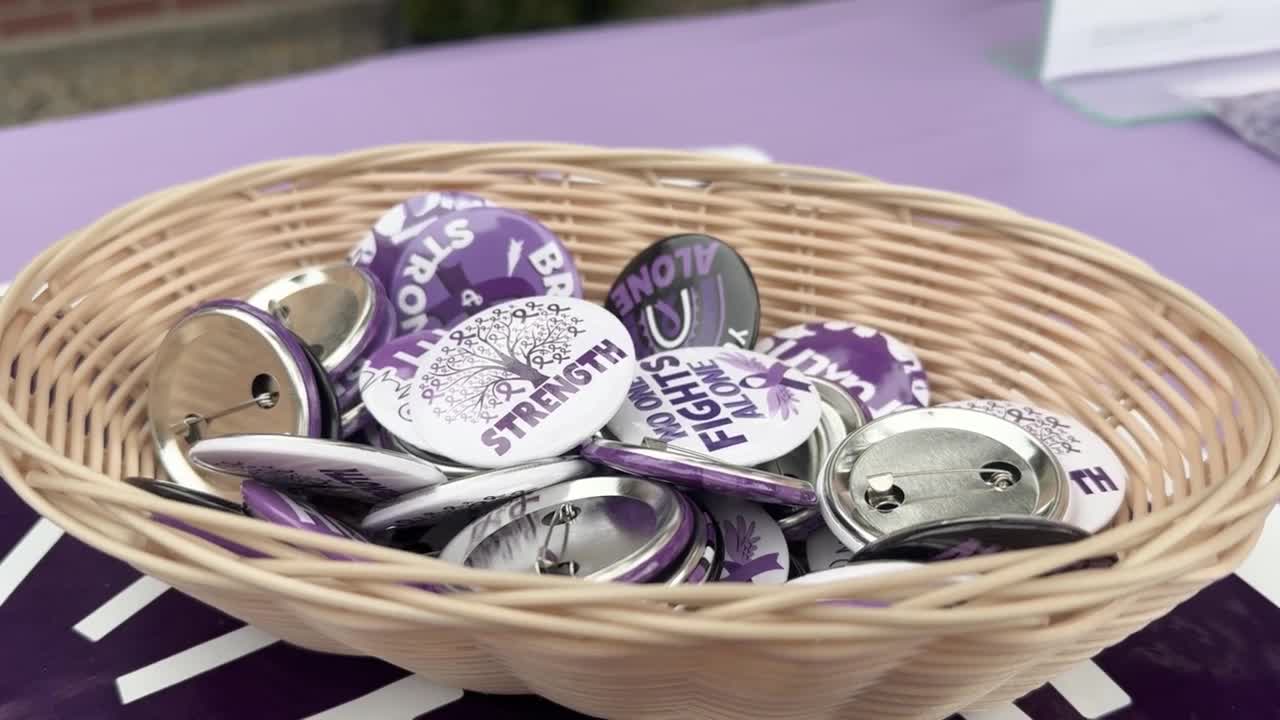HELENA — November marks Alzheimer’s Awareness Month, a time dedicated to shining a light on a disease that affects thousands of families across Montana.
Here, during the holidays, when families come together to share memories, laughter, and long-held traditions, those living with Alzheimer’s may experience this season very differently, but a speech pathologist at St. Peter’s Health in Helena is helping families find connection amidst the changes.
“I do what I do because I love helping people and being a part of their journey,” Kathy Aasved, a speech language pathologist at St. Peter’s Health, said.
(WATCH: Kathy Aasved discusses ways to help connect with people living with Alzheimer's)
Aasved works on speech with Alzheimer's patients, but the disease has impacted her life more than just those she works with.
“I have been through it as a person because my own mother died of Alzheimer’s and my mother-in-law did as well,” Aasved shared.
These experiences are something she says has grown her patience and empathy, inside and outside her office.
Aasved said, “Speak to them as they are, a person. You take their input, you listen to them, you do not talk down to them or correct them.”
According to the Alzheimer's Association, in the Treasure State, around 21 thousand people over the age of 65 are living with Alzheimer's.
While we often think of memory loss with the disease, it can drastically impact speech, like difficulty in finding the right word and struggling to follow conversations.
Aasved said, “We try to implement things that will allow them to still be productive and do things that they enjoy, and so that maybe oftentimes I will have people write things down in a journal.”
Dry-erase boards and memory scrapbooks are also common tools, and although it isn't something that can be fixed, people like Aasved can help both the patient and caregivers.
Aasved says from her own experiences and work with patients, she knows how frustrating and heartbreaking the disease is.
“Appreciate and love this person where they are today because that person is gone and you do not know when this person is going to be gone, so you need to cherish that, meet them where they are at,” Aasved said.




